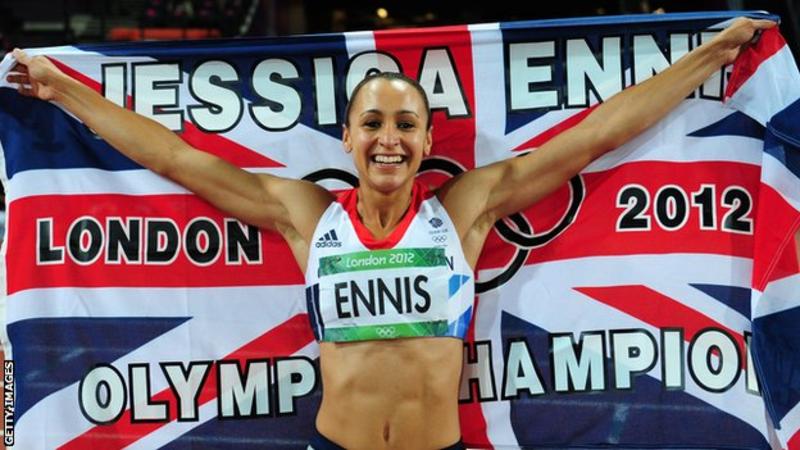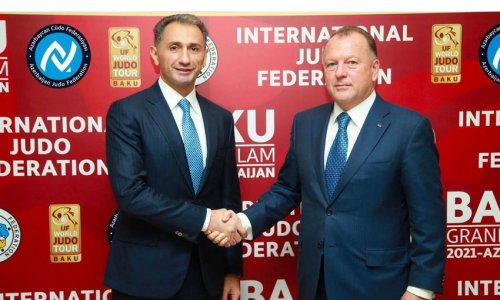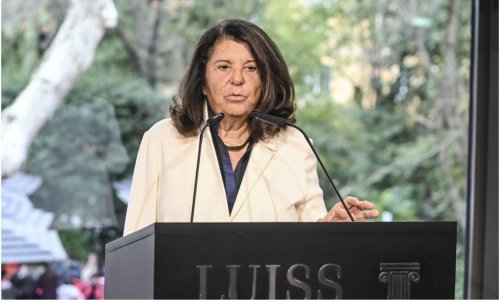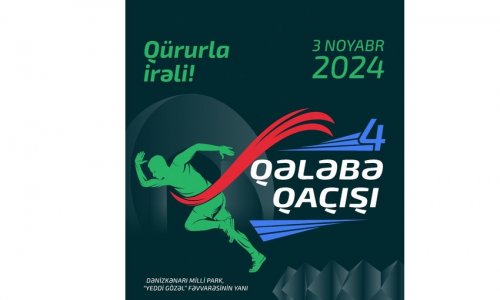If ever sport needed its most illustrious event to provide some inspiration, escapism and relief from its various troubles, it is now.
With just three weeks until the start of the Rio Olympics, the focus should be firmly on the squad selections, the venues, the spectacular backdrop that the city will provide, the medal prospects, the glittering opening ceremony and the unique anticipation that usually accompanies the build-up to the Games, the first to be held in South America.
A time to revive cherished memories of London's golden summer of 2012, alongside hopes for new images of national pride.
Instead, on Monday, at a news conference in Toronto, the integrity of the Olympic movement will receive one of the most shattering blows in its history when Canadian law professor Richard McLaren reveals the findings of his independent investigation into more lurid allegations of state-sponsored doping in Russia.
The International Olympic Committee (IOC) may have issued a glowing statement about Rio's readiness this week, but there are still plenty of other concerns.
The Rio Games are running 51% over budget, according to a recent study, although this is disputed by the Brazil authorities, while the country is suffering a second year of recession, its worst economic crisis since the 1930s. Spending on Olympic venues has also been cut and ticket sales have been slow, with 29% still available.
There is political upheaval, too, with the country's president, Dilma Rousseff, suspended in May pending an impeachment process.
Meanwhile, the Rio state government issued a state of financial disaster last month, warning of security problems amid budget cuts. Police officers have told tourists they won't be able to protect them and there are increasing worries over violence in the favelas [shanty towns] and police brutality.
Then there are health concerns. The World Health Organisation (WHO) may have been busy playing down fears, but a spate of high-profile withdrawals by some of the world's top golfers has highlighted continuing concerns over the Zika virus.
Serious as these problems are, however, few are likely to spark quite as much intrigue as Professor McLaren, if his report is even half as damning as many now anticipate. Commissioned by the World Anti-Doping Agency (Wada), it is expected to make for grim reading, confirming many of the remarkable and explosive claims of whistleblower Grigory Rodchenkov.
In May, the former director of Moscow's Wada-accredited anti-doping laboratory told the New York Times that he effectively sabotaged the Sochi 2014 Winter Games, doping dozens of athletes, including at least 15 medallists, in the build-up to the event.
Rodchenkov alleged this was the result of an elaborate and orchestrated plot with the Russian government, which exploited its host status to subvert the Olympic drug-testing programme. The country's government denies these claims.
Rodchenkov, who is now in hiding in the United States, claimed the Russian security service even worked out how to open and re-seal supposedly tamper-proof doping sample containers and that, at night, he removed 100 Russian samples from the Sochi lab through a concealed hole in a wall.
My understanding is that McLaren will say not only was the Moscow lab manipulating samples but that the cheating was unprecedented in its severity, extending well beyond the 2014 Games and affecting a host of sports which had world championships in Russia during Rodchenkov's tenure, including summer sports.
McLaren gave some clues last month when he told the IAAF, the body that governs world athletics, that he had already found evidence the Moscow lab was manipulating samples between 2011 and 2013.
Sources indicate that Russia will express its dismay that it has still not been afforded an opportunity to give its side of the story yet. And will make the point that it has made significant reforms at anti-doping agency RUSADA in the last 12 months and can now be trusted. It will also remind everyone that other countries have had doping issues too.
But the outcry that Monday will spark will inevitably lead to calls for the international federations of the affected sports to ban all Russian competitors from Rio.
IOC president Thomas Bach may have played down the fairness and likelihood of a total Russian ban, but United States Anti-Doping Agency boss Travis Tygart, the man who brought down cycling drugs cheat Lance Armstrong, told the Press Association this week that the whole Russian team must be kicked out if the allegations are proven.
If high-profile athletes and perhaps even the Wada itself make similar demands, tension with the IOC will be ramped up. Regardless of the consequences in terms of Rio, the scandal will be hugely embarrassing for the Russian government and raise more questions about the country's suitability to host the next football World Cup in 2018.
Four days later, expect even more controversy when the Court of Arbitration for Sport decides whether 68 Russian athletes can compete in Rio after the track and field team were banned last year by the IAAF following a previous Wada report that also found evidence of state-sponsored doping.
The Russian Olympic Committee has appealed, but McLaren's findings are expected to do little for its prospects. Given that Russians have accounted for 26 of the 54 athletes who tested positive in the retrospective testing of 265 samples from the 2008 and 2012 Games, one wonders if it can get any worse for the biggest country on earth. Sadly, it will next week.
With the fall-out from all this likely to extend into early August, when the IOC holds its 129th annual Session in Rio, the risk, of course, is that all this diverts attention from the clean athletes, for whom Rio represents the pinnacle of years of training.
Here in Britain, after a two-year hiatus, Team GB is back.
The hope is that this special sporting entity can once again be a unifying force, helping the country to rally round sport after a divisive month of political turmoil, and an enduring and powerful symbol of diversity, dedication and excellence.
The ambition to deliver Britain's most successful overseas Games may represent a slight downgrade on the targets set in the wake of London's remarkable 65 medals, including those 29 golds, but it will still be gripping to see if the haul won in Beijing eight years ago can be beaten.
Everywhere you look in this team there are great stories…
Jo Pavey, a 42 year-old mum of two, becomes the first British track athlete to compete in five Olympics.
Nicola Adams, a figurehead in the LGBT community, is aiming to become the first British woman to retain a boxing title.
Sir Bradley Wiggins, with seven medals already including four golds, could be about to become the country's most decorated ever Olympian.
Three-time eventing medallist William Fox-Pitt, 47, whose dream to compete at a fifth Games helped him recover from a fall and induced coma last year.
Nekoda Davis, about to cap a remarkable rise from unpaid volunteer at London 2012 to a member of GB's judo team in Rio.
Joe Joyce, a 17-stone heavyweight boxer who may be ferocious in the ring but has a passion for fine art outside of it.
Former goat herder and refugee Tsegai Tewelde, who nearly died aged eight when he was blown up by a land-mine in his native Eritrea but has qualified to represent Britain in the marathon.
And Brinn Bevan, who has miraculously been selected in GB's gymnastics squad, despite breaking both legs just seven months ago.
There are 340 other fascinating personal journeys in Britain's team. And thousands more among their rivals. Each route to Rio is the fulfilment of a dream, involving sacrifice, inspiration, defiance.
This has been a crowded sporting summer already.
Shock winners Leicester City generated unprecedented intrigue in the finale of the Premier League title race, while a heroic Wales side maintained British interest in Euro 2016 right up until the semi-finals, extending a football season that already hogs the headlines. Then there was Andy Murray's second Wimbledon men's singles triumph.
Team GB has had to wait patiently for its turn in the sporting spotlight. But now it is time.
The Olympics represents a short but invaluable window for sportsmen and women who may not be the best rewarded financially, who may not receive the most media coverage, but who, in many cases, are the very best in the world.
This is their moment to shine and to remind the world that, despite its latest crisis, sport's mega-event is still worth fighting for.
(BBC)
www.ann.az
Follow us !











